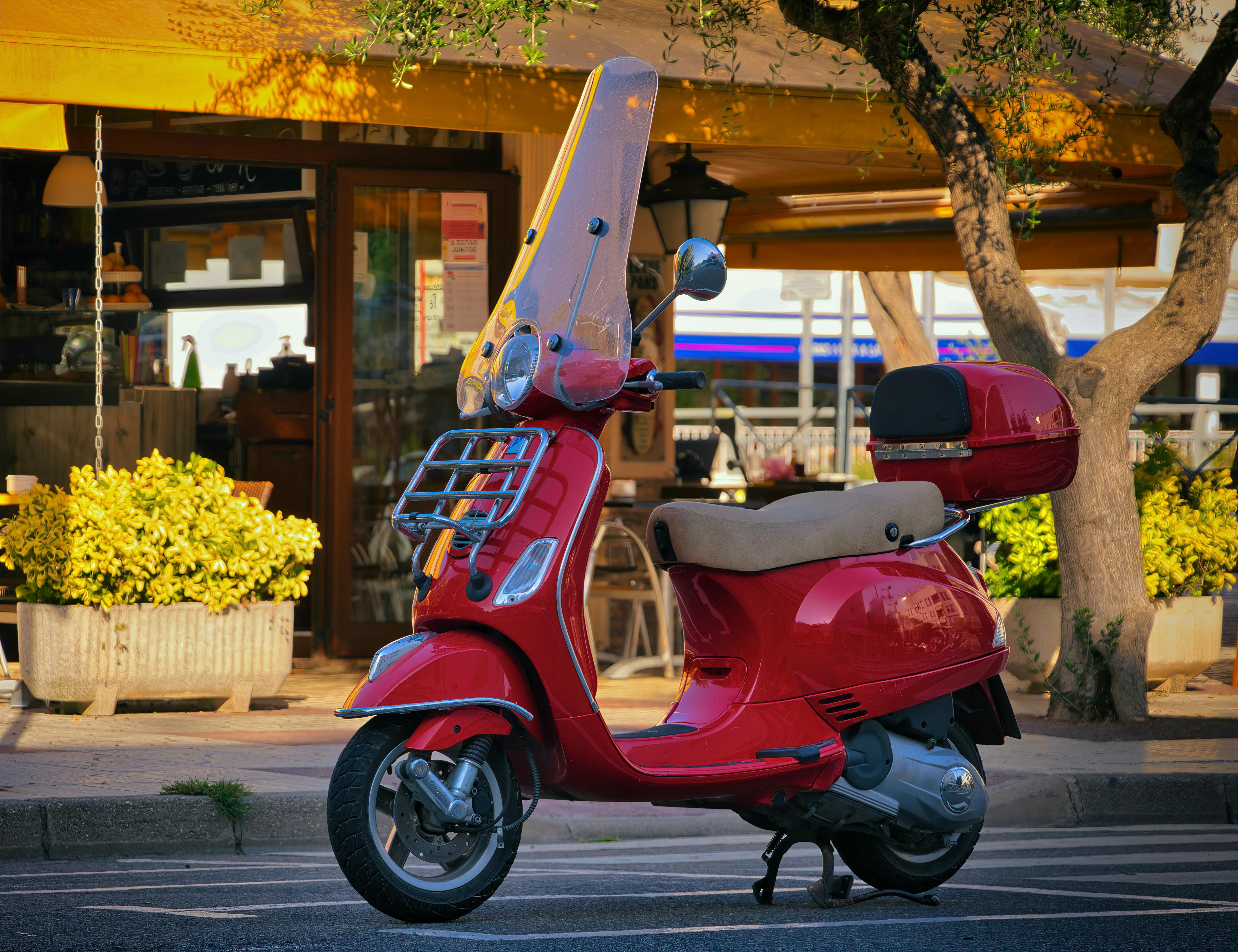Depression, anxiety, phobias and mental health appear almost daily in the media and it seems that depression is fast becoming one of the biggest problems experienced in society. These conditions increasingly affect people living in the modern world and research has led to an estimate that at least 17% of the adult population have had, or will have, an episode of depression of sufficient clinical severity to warrant treatment . A special report from the National Institute of Mental Health on Depressive Disorders in 1973 stated that depression accounts for 75% of all psychiatric hospitalizations and that during any given year 15% of all adults between the ages of 18 and 74 may experience significant depressive symptoms. . Current studies indicate that the lifetime risk of depression in an adult population could be as high as 30%.
Along with the increased incidence of depression there has been an explosion in the use of prescription drugs to treat the condition, but recent reports have questioned whether these are effective or simply create more problems for the patient. Consequently, there is a growing interest in finding a new approach to treating these conditions. Having trained in clinical psychology and psychotherapy, I can incorporate many of the accepted practices. However, the more I worked with individuals and with groups I discovered that by integrating the eastern-inspired approaches that I learned in India, I was able to achieve much more effective and long-lasting results in a shorter period of time.
Understanding depression
In psychiatry, depression is known as a mood disorder. Mood disorders have been known to man since ancient times; the Old Testament describes King Saul as one who suffered from severe depressive episodes. However, the term encompasses a wide spectrum of emotions ranging from deep depression to boundless euphoria and mania, so understanding the behavior of people suffering from depression can be a great challenge.
All people experience a variety of emotions and, in general, they are a healthy part of life and feeling the right emotions contributes positively to our well-being. However, emotions are of two main types; firstly affective emotions, that is, a short-lived emotional response to an event, and secondly the state of mind, which is a lasting and dominant emotional response that colors the entire psychic life.
More than 90% of depressed people experience prolonged moods of sadness, discouragement, or a feeling that they no longer care. However, to classify a person as having a major depressive episode, doctors look for five or more of the following symptoms to have been present in the previous two weeks. There should also be a noticeable change in previous functioning with at least one of the symptoms being a depressed mood or loss of interest or pleasure.
Symptoms:
1. Depressed mood most of the day.
2. Noticeably diminished interest or pleasure in all, or nearly all, activities for most of the day.
3. Significant weight loss when not dieting, or weight gain, for example. A change of more than 5% of body weight in one month. Or a decrease or increase in appetite almost every day.
4. Insomnia (insomnia) or hypersomnia (excessive sleep) almost every day.
5. Agitation or psychomotor retardation almost every day.
6. Fatigue or loss of energy almost every day
7. Feeling of worthlessness or excessive or inappropriate guilt.
8. Decreased ability to think or concentrate or indecision.
9. Recurring thoughts of death
No chance factor has been identified that explains why people get depressed. Research points to many factors that appear to contribute to its development, including genetics, biochemical changes, and personality theories. Several research papers have reported findings that suggest that family members of patients with major depressive disorders have a higher prevalence of depression than people in the general population. Other research has focused on the biochemical correlates of depression and has studied the role of chemicals that transmit nerve impulses from one neuron to another in the brain. While several depression-related theories have been developed regarding personality types.
My experience as a doctor has led me to see each client as an individual whose requirements need personalized attention. The human being is a complex creation whose health and well-being depend on a balance in all dimensions of his life, from physical health to behavioral, energy and even environmental aspects.
Treat depression
Conventional Western medicine generally treats depression using medications, for example. Tricyclic and heterocyclic antidepressants and the new SSRT drugs. The psychological therapies most used for the treatment of depression are individual psychotherapy, group psychotherapy and cognitive-behavioral therapy. Eastern psychotherapy integrates Eastern methods, such as meditation, yoga, pranic or energy, healing, mantra and sound healing, with elements of traditional psychotherapy developed in the West. When treating depression and other mental health conditions, it is vital to look for causal factors and explore problems using Ayurvedic principles and recognizing the spiritual component. Sometimes it may also be appropriate to study the astrological chart of the person being treated to seek a better understanding of the influences affecting the individual and gem therapy, which is a commonly accepted practice in many parts of Asia, may be recommended.
The treatment of conditions such as depression, addiction and anxiety is undoubtedly enhanced by the use of complementary techniques. The value of seeking help from professionals who have worked with both approaches is that they can select the appropriate treatment option for each individual. Orthodox techniques often effectively treat symptoms, however Eastern practices may be more helpful with underlying causes. A therapist who understands the personal needs of each individual is better able to provide an empowering approach to their illness. For some, the focus may be on traditional Western methods, but for others, positive and accelerated results can be achieved by combining the best of the East and the West in an integrated treatment program.
With an integrated approach to depression, most people can benefit in 3 or 4 sessions, sometimes even less, depending on the nature of their condition. It is important with any therapeutic approach to ensure that clients do not develop a dependency on treatment or only enjoy a temporary respite because the underlying causes have not been addressed.
CASE STUDY
Miss K, a 35-year-old woman, did not respond to conventional treatment. A holistic approach included energy and environmental assessments, as well as his medical expertise. He had a five-year history of depression that had been particularly severe in the previous six months. He was using antidepressants and had undergone several counseling sessions that he did not like.
The evaluation at the energy level revealed some blockages in the heart chakras and the solar plexus. The atmosphere at home was dark and gloomy, with black and gray being his main choice of colors; there was no energy flow.
She was advised to try a combination of energy therapies, including Reiki treatment and music / mantra, along with some suggestions for changes in the home environment. He also used a herbal remedy (St. John’s wort), massage, and acupuncture and embarked on six sessions of cognitive behavioral therapy. Her program lasted six months, but she responded very well and has been depression free for over a year, reporting that she is feeling good overall, that she is taking an active interest in her life and personal development.
TEXT TERMS
November 2008




